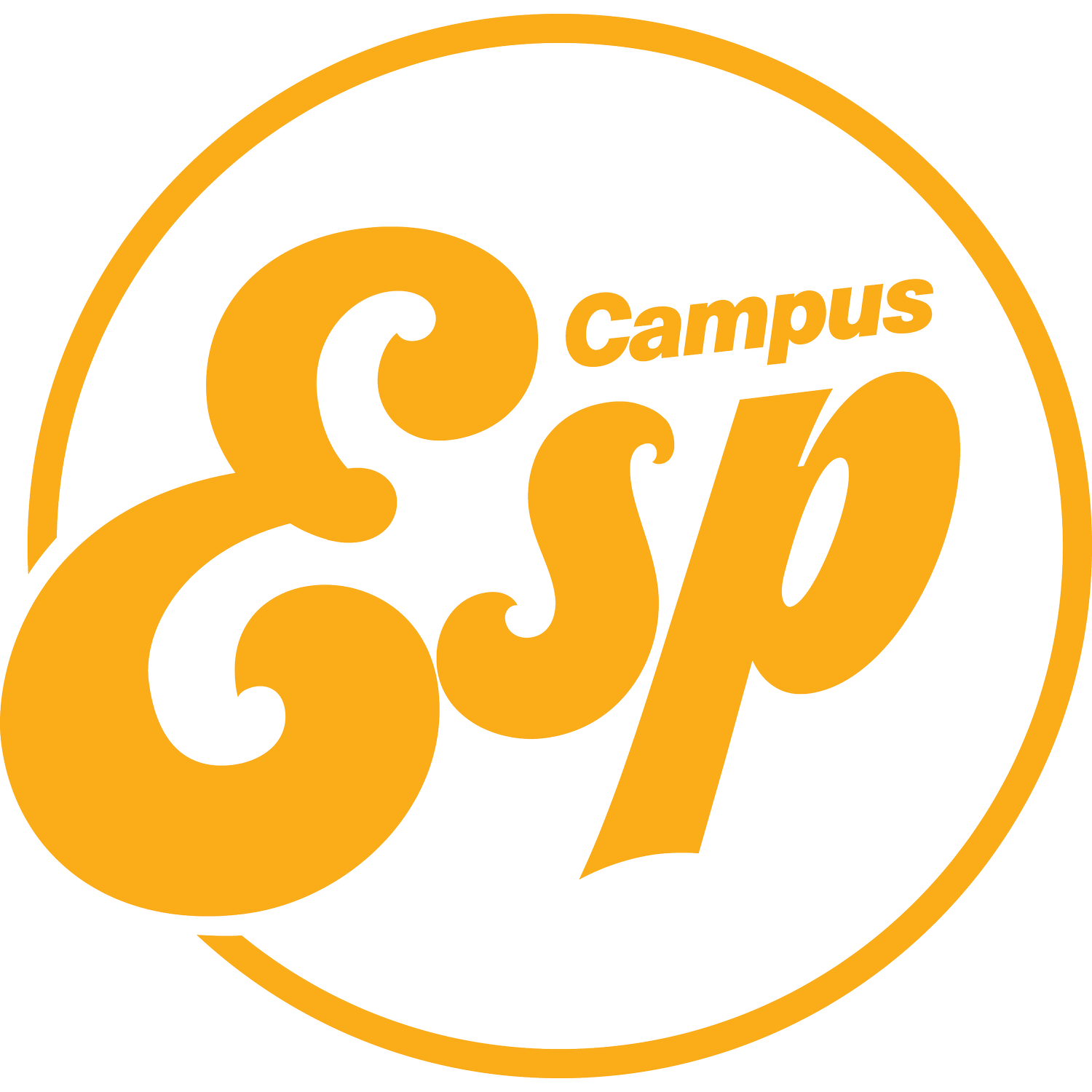Buena Vista University uses Parent Promoter Score™ to predict student likelihood to enroll
Conner Ellinghuysen is a self-described data junkie. As the Director of Admissions at Buena Vista University, a small private college in Iowa, he is also heavily invested in recruiting a diverse group of students to campus.
So when BVU launched The Beaver Family Hub through CampusESP in December 2021, Ellinghuysen saw an opportunity. With more than 5,000 prospective families in their database, he knew he could dig into parent engagement data to make more informed and strategic enrollment decisions.
Students with highly engaged parents are more likely to enroll
CampusESP’s Parent Promoter Score™ helps institutions be more strategic with parent data. It’s a score between 0-100 that ranks parents based on engagement actions, including email opens, content clicks, portal logins, and more. Parent Promoter Score elevates the most engaged parents, so enrollment leaders can focus their efforts.
Ellinghuysen quickly realized that by connecting Parent Promoter Score with student data in Salesforce, he could enable his admissions team to identify students with a higher likelihood of enrolling.
“Our primary goal with Parent Promoter Score is to understand what parent engagement means and how it influences students along the way. We have so many students at the top of the funnel, sometimes it’s hard for us to narrow down which students to focus on.”
BVU got to work building an enrollment predictive model that showed how Parent Promoter Scores correlated with conversion rates throughout the student enrollment funnel.
And what did the results show?
Students of parents with a Parent Promoter Score in the top quartile were 69% likely to enroll.
Students with lower levels of parent involvement were only 20% likely to enroll.
In other words, parent engagement level was a strong predictor of student likelihood to enroll.
Parent engagement is even more influential for first-generation students
BVU took their predictive model a step further to look at special populations they wanted to better serve, including first-generation college students. The results were eye-opening:
First-generation students with the most engaged families were 80% likely to enroll.
First-generation students with less engaged families were 27% likely to enroll.
“It’s really unbelievable,” says Ellinghuysen. “And it makes a lot of sense because first-generation students really want support from their families. Often these students are making decisions with their families as well.”
BVU continued this data research with other valuable populations, including in-state students and student athletes. The trend continued: When parents were in the top quartile of Parent Promoter Score, their students were dramatically more likely to enroll.
“This data helps us draw conclusions. If we see first-generation families with a lower Parent Promoter Scores, the likelihood of enrolling is pretty slim. So what does that mean for us as enrollment leaders? Well, to start, it helps us prioritize.
But it also helps us determine what other resources we can provide first-generation students who maybe have involved parents.”
Enrollment modeling “super score”: Combining student and parent data to improve forecasting
According to BVU’s research, students with a prospect score over 40 have an 80% likelihood of enrolling. As mentioned earlier, students with a Parent Promoter Score in the top quartile have a 69% likelihood of enrolling. BVU aligns the student score and parent score to get a holistic view of the family’s overall interest level.
“We give our admissions counselors student data combined with parent data.” If both the parent and the student have a high score? “These are the families we need to communicate with on a regular basis,” said Ellinghuysen.
Sometimes the student and parent scores are aligned, but when the scores are conflicting – there’s opportunity for engagement from the BVU team.
When a student scores high but a parent scores low – It may indicate financial, geographic, or other factors keeping a parent from sending their student to BVU. The Admissions team can jump in to message these families about why BVU is a good fit.
When a student scores low but a parent scores high – Parent Promoter Score puts a new student on BVU’s radar as a likely to enroll candidate. Ellinghuysen’s research shows that even when a student has the lowest deposit probability, as long as the parent has a high Promoter Score (51+), the student still has an 100% yield rate.
One more time for the people in the back: Parents really do make a difference. The proof is in the Parent Promoter Score.



